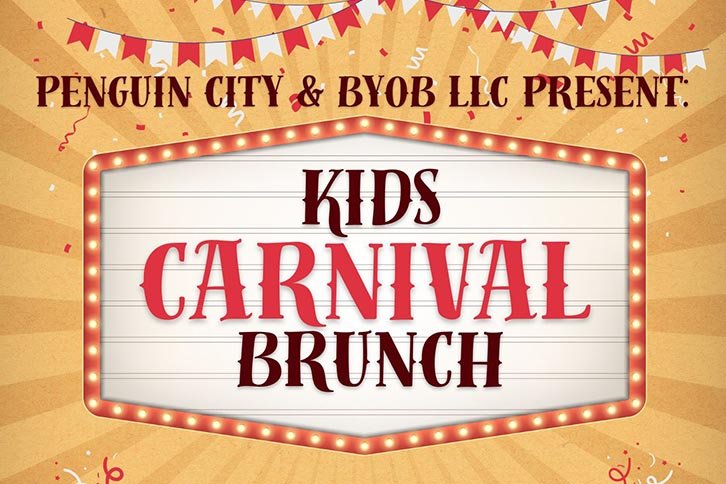
National Tooth Fairy Day

February 28th, National Tooth Fairy Day, encourages us to take a look back on the history of one of dental care’s little helpers. It’s one way our children develop good dental hygiene.
#NationalToothFairyDay
Like some of the fantastic creations who oversee children, the tooth fairy is a relative newcomer to the world of childhood fantasies.
1920s
In the mid-1920s, fairies were used for all sorts of health education, from bath fairies to fresh air fairies as a way to get kids to remember to eat their vegetables, wash behind their ears and get a good night’s rest. Like toothpaste today advertises fruity flavors and sparkles to get kids excited to brush their teeth, in 1925, it was probably quite a bit more difficult considering the pastes were mostly peroxide and baking soda. One advertisement was for a Fairy Wand Tooth Whitener. This product promised to brush away cigarette and coffee stains. The ad was aimed at both children and adults, we hope!
Then in 1927, Esther Watkins Arnold printed an eight-page playlet for children called The Tooth Fairy. The same year Sir Arthur Conan Doyle “proved” his claim that fairies and gnomes are real and “verified” with pictures of two little girls surrounded by fairies. The world was ripe with imagination and primed to have a tooth fairy to come collect the lost teeth of little boys and girls and leave a coin or two behind.
Arnold’s play began to be performed in schools the following year, and the tooth fairy has been slipping into homes ever since. She (or he) started leaving nickels and dimes under the pillows of sleeping children. Over the years, there have been variations on the theme.
1942
In 1942, in an article written by columnist Bob Balfe in the Palm Beach Post, his children received War Stamps to put in their books when they lost a tooth. It was a popular alternative during a time when giving to the war effort was a motivating factor.
Today
Today, the tooth fairy jingles less often. The average payout for a lost tooth ranges from $3 to $4 and can go even higher if Dad is on duty or if the tooth is lost late at night with no time for a parent to run to an ATM.
HOW TO OBSERVE NATIONAL TOOTH FAIRY DAY
- Make an appointment for your next cleaning.
- Ask your parents if they still have the first tooth you lost.
- Be a tooth fairy!
- Volunteer or give to dental organizations. Many of them provide free or low-cost dental care to those who cannot afford it. Others support dental students in their educational journey. These organizations are a vital part of our communities and states. You can also give a shout-out to your favorite organization. Be a tooth fairy to those near you. We found a few that might interest you.
- America’s Dentists Care Foundation, Missions of Mercy
- National Children’s Oral Health Foundation, also known as America’s Toothfairy
- Download this coloring page to celebrate!
- Use #NationalToothFairyDay to post on social media



